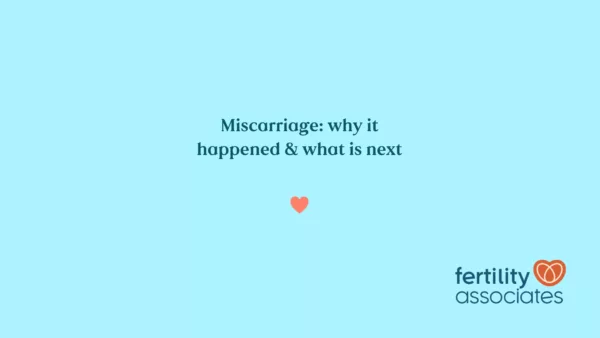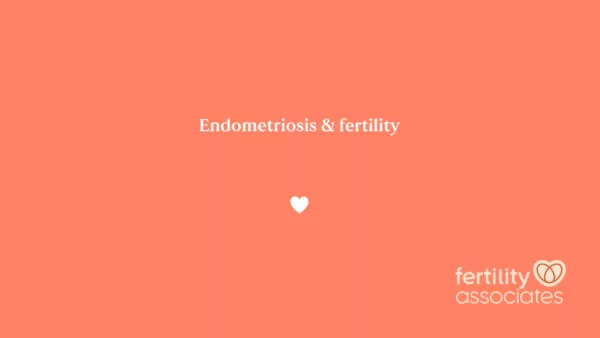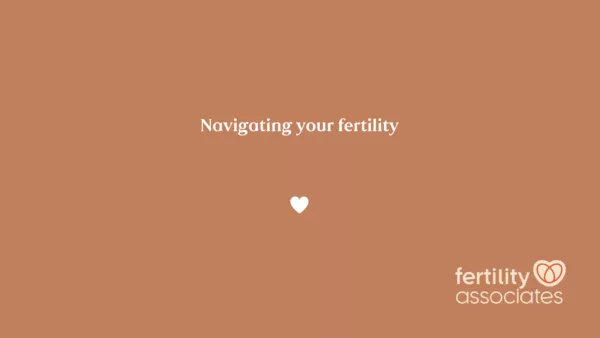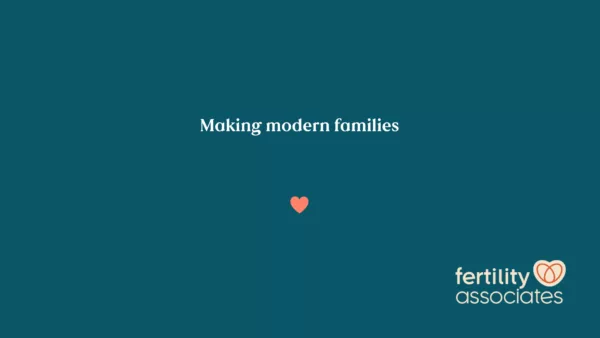Receiving donated sperm.
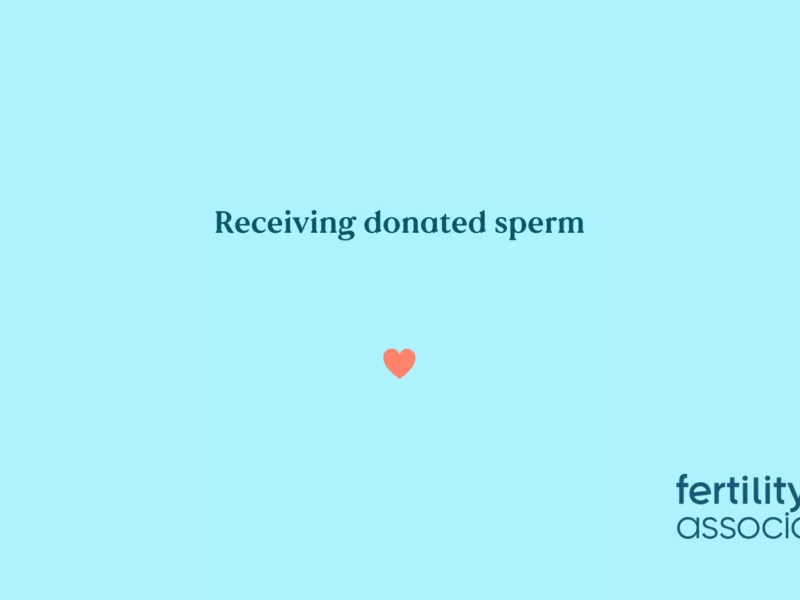
Sperm donors are awesome - they help many couples, singles and same sex families at Fertility Associates but what’s it like being on the other side? Our upcoming webinar on 'receiving donated sperm', hosted by Dr Sarah Wakeman, takes a look at what to expect as a donor recipient, what are your options for finding a donor, and what determines your chances of success.



